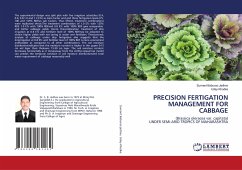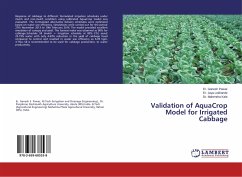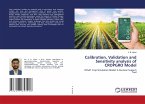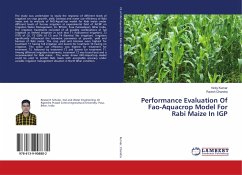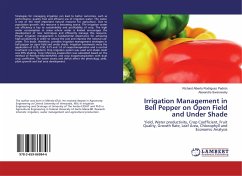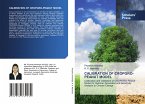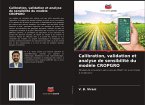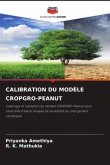The experimental design was split plot with five irrigation schedules (0.4, 0.6, 0.8,1.0 and 1.2 ETc) as main factor and and three fertigation levels (75, 100 and 125% RDF)as sub factors. Thus fifteen treatment combinations were replicated thrice.The treatment combination of 1.0 ETc with 125% RDF, 1.0 ETc with 100% RDFand 0.8 ETc with 100% RDF give comparable and better cabbage yields. Hence thecombination treatment of drip irrigation at 0.8 ETc and fertilizer level of 100% RDFmay be adopted to obtain higher yields with net saving in water and fertilizers. Theeconomic analysis of cabbage under drip fertigation also suggests that the dripirrigation at 0.8 ETc and fertilizer level of 100% RDF is more economical andfeasible as compared to all other combinations. The soil moisture distributionindicates that the moisture content is higher in the upper 0-15 cm soil layer than thelower 15-30 cm layer. The soil moisture content decreases horizontally as it movesaway from the emitter.AquaCrop model can predict the temporal variation in soil moisture distributionand total water requirement of cabbage reasonably well.

